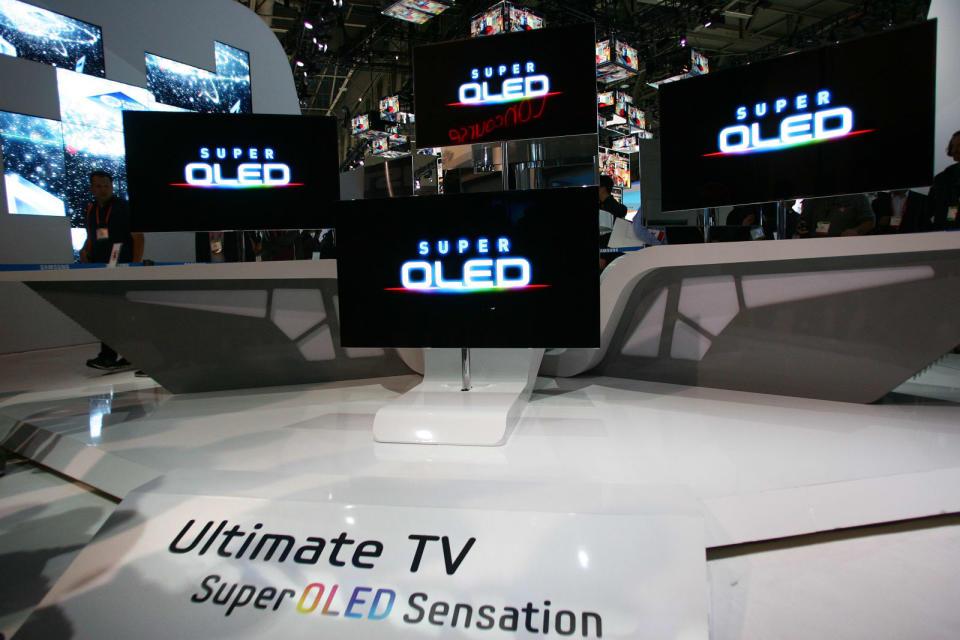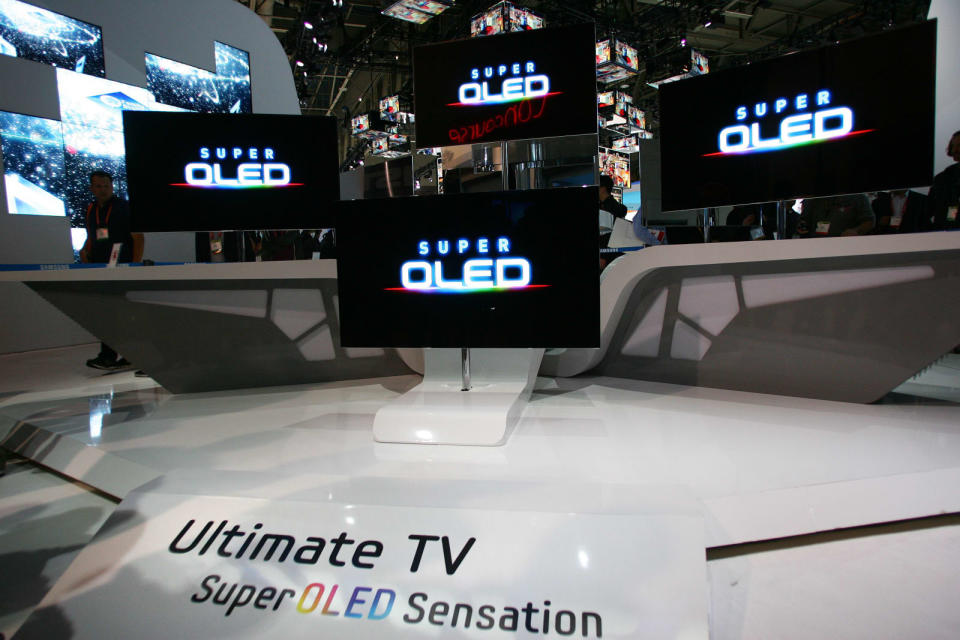Engadget has been testing and reviewing consumer tech since 2004. Our stories may include affiliate links; if you buy something through a link, we may earn a commission. Read more about how we evaluate products.
Samsung gets closer to building 'QD-OLED' TVs that rival LG's OLED
Quantum dot tech that can last up to a million hours is the key.
While Samsung has become dominant in using OLED technology on mobile displays -- even Apple uses its screens for iPhones -- in TVs, the big name in OLED is its competitor, LG. LG's TVs have wowed testers with their ability to control light precisely because each pixel is self-illuminating, unlike the "QLED" branded quantum dot LCD tech Samsung relies on exclusively, which still puts LED backlights behind a filter.
That could change soon, however, as Samsung announced in October that it's investing $11 billion by 2025 to build a plant capable of manufacturing true QLED TV screens that self-illuminate. It tried building TVs with the technology earlier this decade, like the 55-inch Super OLED screens shown above. But it opted out of further development, claiming burn-in is too much of a problem and saying the TVs would have a short lifespan.
Now two Samsung researchers, Dr. Eunjoo Jang and Dr. Yu-Ho Won have published a paper in Nature about new quantum dot LED technology that relies on indium phosphide instead of toxic cadmium, and has a lifetime of up to a million hours. Their improved shell design appears to increase efficiency by preventing oxidation and energy leaks.
For Samsung to make that big investment in building "QD-OLED" displays it must believe any issues are going to be resolved soon, it's just a matter of when we'll actually see new TVs on shelves.


 Yahoo Finance
Yahoo Finance 


